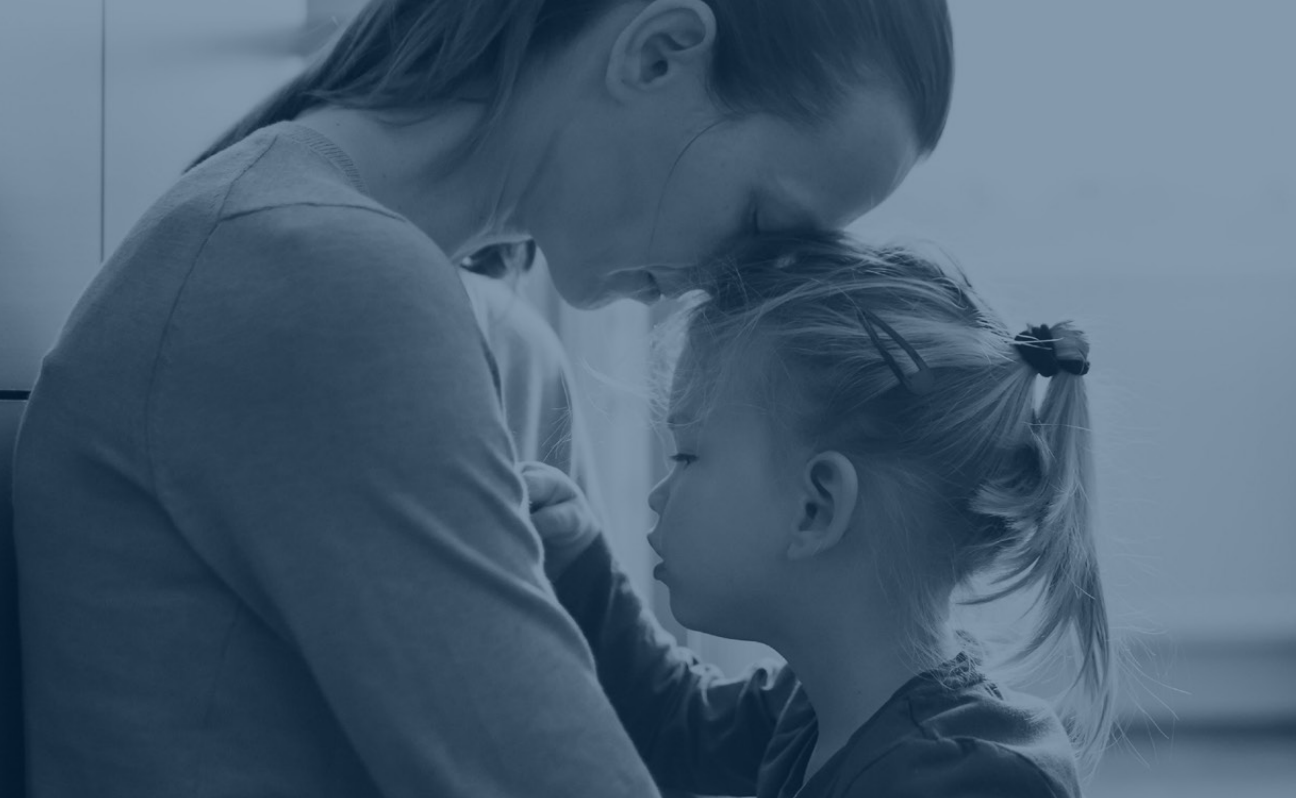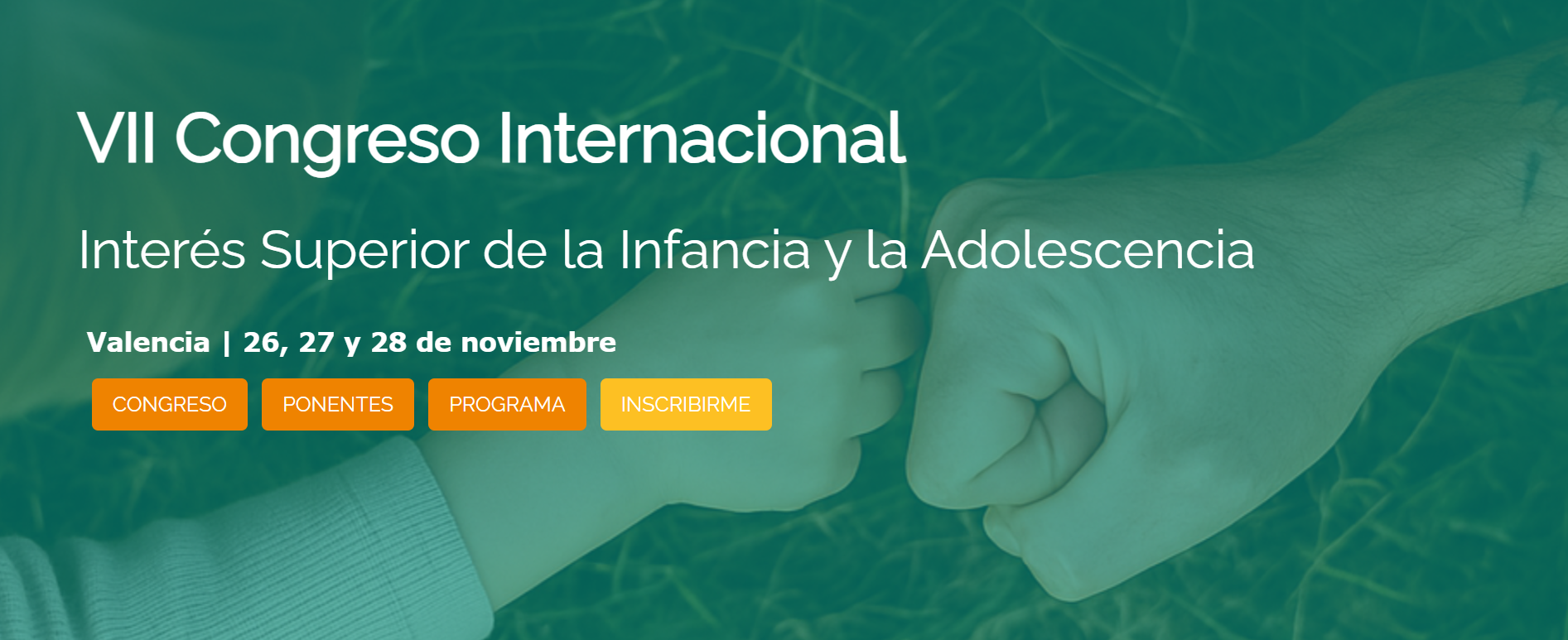Bulgaria's deinstitutionalisation: Key findings from Childhood 2025 Coalition
Eurochild Bulgarian member Know-how Centre for Alternative Care for Children, collaborated on a research study conducted with professionals from community-based alternative services.
This study has been prepared by the Childhood 2025 Coalition, an informal alliance of 16 civil society organisations, networks, and individual experts that since 2010, supports Bulgaria’s national policy to move away from institutional care for children. As the reform advances, the Coalition's focus has shifted from closing institutions and developing alternative care to preventing family separation in the first place.
One issue identified in this study is the failure of child protection authorities to prepare children and parents for the upcoming separation. This lack of preparation increases anxiety and exacerbates the negative impact of the protective measures on both children and parents, while also creating tension between social workers and families.
The lack of coordination and information sharing between the various parties involved in placing children into alternative care – including child protection services, social service providers, foster parents, as well as the police, schools, and others – leads to confusion, mixed messages to children and parents, and disputes. This added stress and conflict during the separation process could be avoided and is in the best interest of all those involved.
There is a need to update the Methodology for Case Management and other key regulatory documents related to the collaboration between child protection authorities and social services. This process should be based on an analysis of current practices, effective partnerships between institutions and services, and up-to-date data on the issues affecting children and families in Bulgaria that lead to the application of protective measures.





